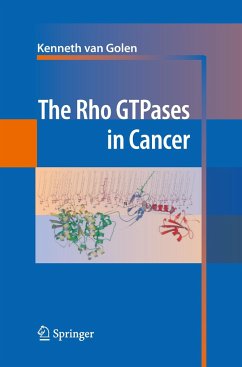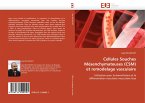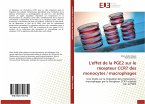Channing Der and colleagues provide an encyclopedic overview of the Rho GTPases, providing enough detail to make any reader well-versed in the Rho field. Finally, Sofia Merajver's laboratory provides an overview, which details the roles of the Rho proteins in cancer progression. She provides us with the history of the study of the Rho GTPases, their regulatory and effector proteins in cancer and gives us a benchmark of where the field is today. The second section of the book details the current knowledge of the Rho regu- tory proteins in cancer progression: aberrant expression and activation of these proteins leads to dysfunctional Rho signaling and a cancer phenotype. Gary Bokoch's laboratory has provided a detailed overview of the role of Rho guanine dissociation inhibitors (GDIs) in cancer. These molecules are involved in preventing the Rho protein from associating with the inner plasma membrane and exchanging GDP for GTP, and thus becoming active. Next, Tozu Kazasa's labo- tory has worked on the link between heterotrimeric G proteins and Rho activation via the RGS-RhoGEFs. This aspect of Rho activation is particularly interesting in that heterotrimeric G proteins and their associated G-protein-coupled receptors are attractive and attainable therapeutic targets. Dan Billadeau's laboratory has worked extensively on the Vav RhoGEFs, which are potent oncogenes in their own right.
Bitte wählen Sie Ihr Anliegen aus.
Rechnungen
Retourenschein anfordern
Bestellstatus
Storno








